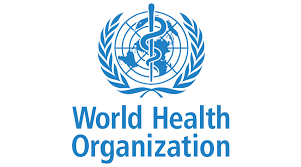
World Health Organization
Experience: 5 to 10 Years
Skill Required: Project and Program Management
Apply By: 01-11-2023
Gender-related barriers and gender inequality have increased the vulnerability of young and old individuals to vaccination. These barriers are driven by low education levels, power imbalances, gender norms, limited access to quality services, and a high prevalence of gender-based violence. Additionally, religious beliefs, harmful practices, and limited decision-making autonomy among women at the household and community levels contribute to low demand for childhood immunization services.
Addressing these gender-related barriers is crucial to creating a healthier, safer, and more prosperous world, especially in South Sudan. Gender equality aligns with the IA2030 strategic priorities, and it is essential to realize SDG 5.
TORs & Deliverables:
Under the guidance and leadership of the WHO Communicable Disease cluster lead and the focal person for EPI, the officer is expected to work closely with the Ministry of Health, WHO, UNICEF, IO, HPF, and NGOs partners to execute the following activities:
Deliverables:
Educational Qualifications:
Experience:
Essential:
Desirable:
Skills/Knowledge:
Source: https://careers.who.int/careersection/ex/jobdetail.ftl?job=2309221